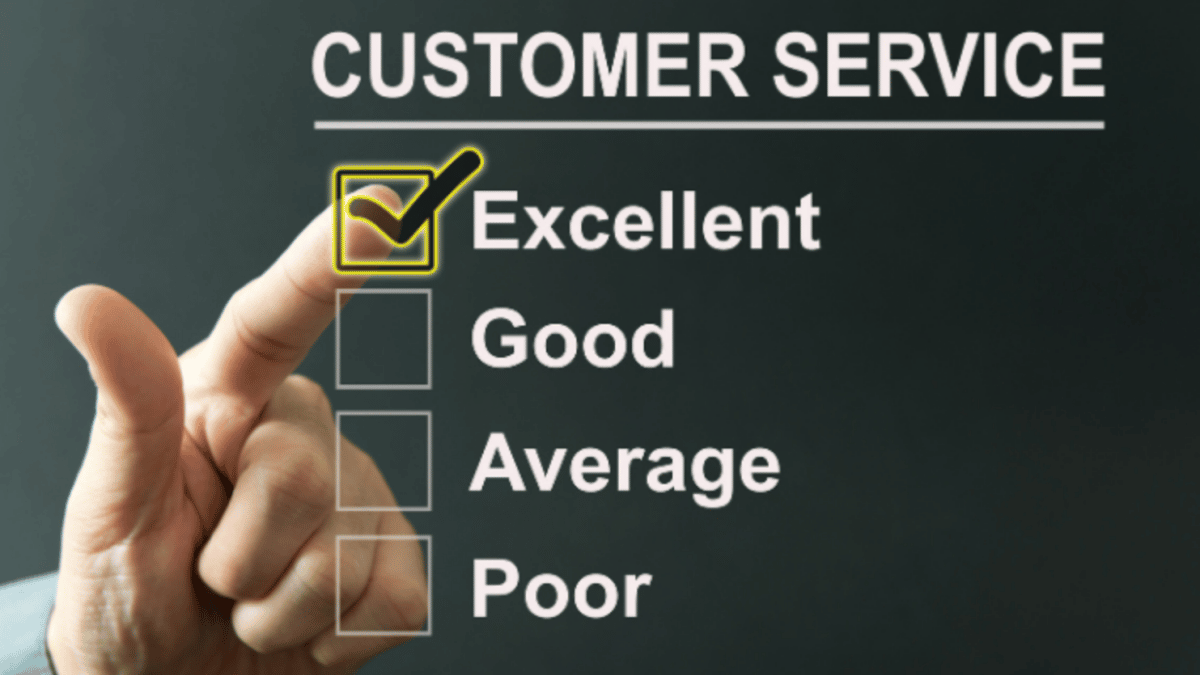Driving customers is hard, but hanging onto those is even more daunting, which is where customer interaction tactics come into work. Building a trustworthy relationship is the basis of great customer engagement techniques. All of the pre- and post-purchase activities that involve customers are considered to be part of customer engagement. It might even be disastrous if you use the channel to spread hostile or inappropriate content or even an unrelated tone. As a business owner, you should be aware that consumers are the company’s lifeblood. And because of this, interacting with them is crucial. However, a lot of companies in the market do not recognise the value of involvement.
Contents
Why is Customer Engagement Important?
Customer engagement is important because it helps businesses build strong relationships with their customers and drive customer loyalty. When customers are engaged with a company, they are more likely to continue doing business with that company and to recommend it to others. This can lead to increased customer retention and repeat business, which can ultimately drive the company’s bottom line.
In addition, customer engagement can help businesses gather valuable feedback and insights from their customers, which can be used to improve products, services, and the overall customer experience. This can help the business stay competitive and meet the evolving needs of its customers.
Overall, customer engagement is a key driver of success for businesses, as it helps build strong, long-term relationships with customers and drive customer loyalty.
Customer Engagement Strategies
Customer engagement strategies are tactics and activities that businesses use to interact with and engage their customers. The goal of these strategies is to build strong relationships with customers, increase customer loyalty, and drive customer retention and repeat business. Some examples of customer engagement strategies include:
1. Personalization:
Customizing the customer experience to individual preferences and needs can make customers feel valued and encourage engagement.
2. Communication:
Regular and timely communication with customers, whether through email, social media, or other channels, can help keep customers informed and engaged. Send your audience birthday, new year or anniversary wishes. For catchy posters checkout Free Poster templates library.
3. Incentives and rewards:
Offering incentives, such as loyalty programs or special promotions, can encourage customers to continue doing business with a company.
4. Social media:
Leveraging social media platforms to connect with customers, respond to inquiries and complaints, and share relevant content can help increase customer engagement.
5. User-generated content:
Encouraging customers to share reviews, testimonials, and other types of user-generated content can create a sense of community and increase engagement.
6. Interactive content:
Using interactive content, such as polls or quizzes, can help engage customers and encourage them to spend more time on a company’s website or social media pages. Try to add rumour to your content by adding Gifs, memes, etc. Finding it hard to find one, get it here at Free Memes library.
7. Customer service:
Providing excellent customer service and addressing customer concerns in a timely and satisfactory manner can improve customer engagement.
8. Collaboration:
Collaborating with customers, such as through co-creation or co-marketing initiatives, can help build strong relationships and increase engagement.
How Effective Customer Engagement Strategies can Benefit Business?
Effective customer engagement strategies can benefit businesses in a number of ways:
1. Increased customer loyalty:
When customers are engaged with a business, they are more likely to continue doing business with that company and to recommend it to others. This can lead to increased customer retention and repeat business, which can ultimately drive the company’s bottom line.
2. Improved customer satisfaction:
Engaging with customers helps businesses understand their needs and preferences, and can lead to improvements in products, services, and the overall customer experience. This can result in increased customer satisfaction and loyalty.
3. Greater insights and feedback: Engaging
with customers can provide valuable insights and feedback that can be used to improve products, services, and the customer experience. This can help businesses stay competitive and meet the evolving needs of their customers.
4. Enhanced reputation:
Providing excellent customer service and building strong relationships with customers can improve a business’s reputation and attract new customers.
5. Increased revenue:
When customers are engaged with a business, they are more likely to continue doing business with that company, which can lead to increased revenue over time.
Overall, effective customer engagement strategies can help businesses build strong, long-term relationships with customers and drive customer loyalty, which can lead to increased customer satisfaction, valuable feedback and insights, enhanced reputation, and increased revenue.

